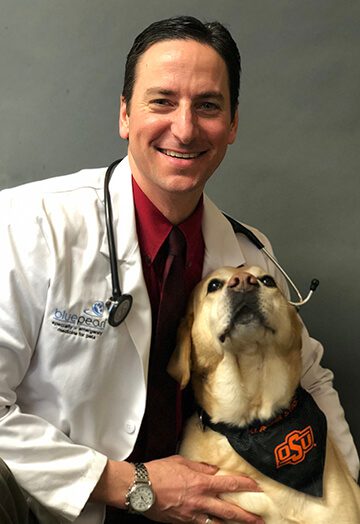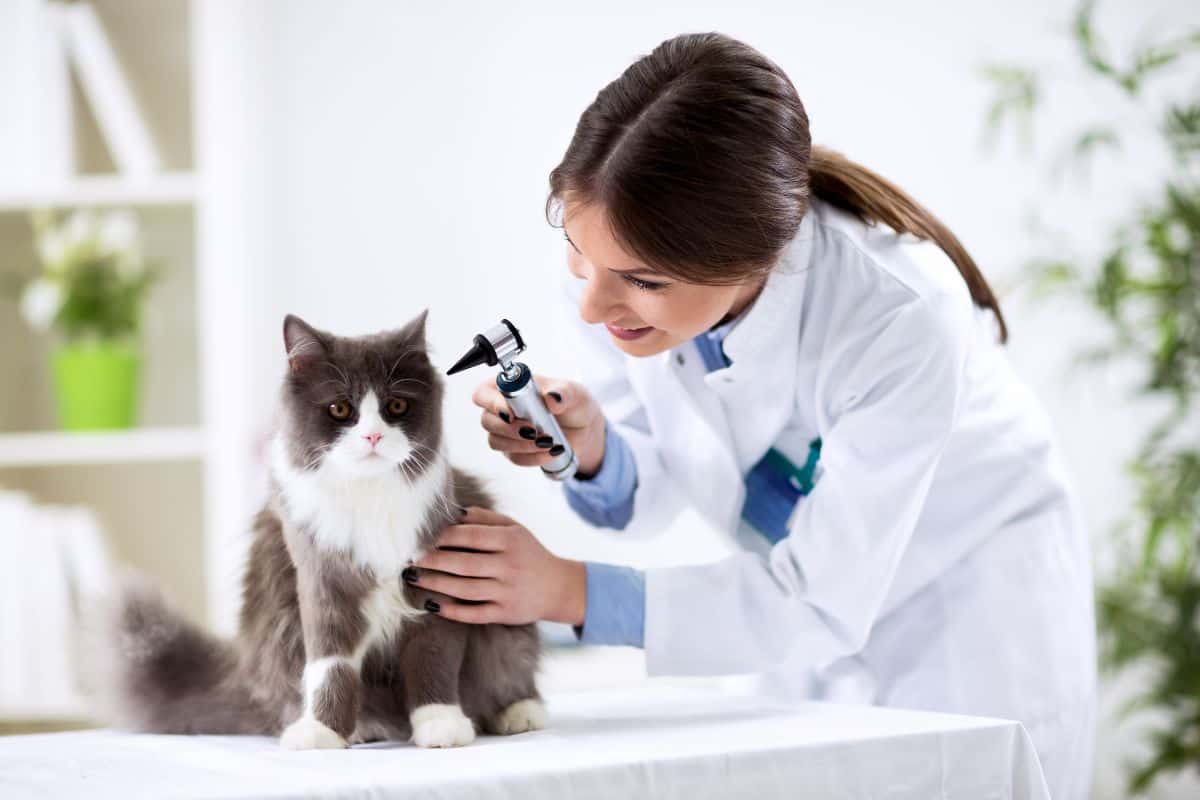Vaccination Guidelines From Your Trusted Vet
Inoculation standards offered by your trusted vet play an important role in protecting your pet dog's health and wellness and well-being. Core vaccines are basic for all animals, while non-core injections can be tailored to details way of lives and environmental direct exposures. Understanding the nuances of inoculation timetables, which begin as very early as six to eight weeks, is necessary for optimal defense. Additionally, attending to typical mistaken beliefs surrounding vaccines can further boost family pet owners' self-confidence in these safety nets. As we discover these important facets, it becomes significantly clear why regular consultations with your vet are important for educated decision-making.

Relevance of Inoculations
Vaccinations play a critical role in securing animals against a variety of avoidable conditions. By boosting the immune system to recognize and battle certain microorganisms, injections significantly minimize the occurrence of contagious diseases that can impact a pet dog's health and wellness and durability. Not only do inoculations safeguard private pets, but they also add to herd immunity, thus minimizing the total prevalence of diseases in the family pet population.
Prompt inoculations assist to alleviate the spread of conditions such as rabies, parvovirus, and distemper, which can have serious consequences for both human beings and pet dogs. Furthermore, vaccinations are typically a requirement for boarding centers, brushing services, and pet dog parks, making them important for those that want to mingle their animals.

Core Injections for Animals
While the specific inoculation demands of family pets can vary based upon private aspects, core vaccines are globally suggested to protect against the most typical and serious conditions (Emergency Vet). Core injections are those deemed important for all animals, despite their lifestyle or geographical location, as they safeguard versus potentially fatal and very contagious ailments
For pets, the core injections consist of those for canine distemper, parvovirus, adenovirus (liver disease), and rabies. Canine distemper is a viral disease that influences the breathing, stomach, and nerve systems. Parvovirus is understood for causing extreme gastrointestinal disease, especially in pups. Adenovirus can result in liver condition, while rabies is a zoonotic disease that positions a danger to both pets and people.
In felines, core injections include feline panleukopenia, feline calicivirus, feline herpesvirus (rhinotracheitis), and rabies. Feline panleukopenia is a very infectious viral disease that affects the immune system and intestines. Calicivirus and herpesvirus are major factors to top respiratory infections in cats, while rabies stays a crucial concern for public health and wellness.
Consult with your vet to ensure your pet dogs obtain their core vaccinations on schedule.
Non-Core Vaccines Explained
Non-core injections are tailored to attend to specific dangers related to an animal's environment, way of life, and direct exposure to certain conditions. Unlike core injections, which are universally suggested for all pets, non-core injections are thought about based on individual situations. These vaccinations are specifically vital for pets that may run into special virus because of their geographical area, travel habits, or activities.
Examples of non-core injections consist of those for Bordetella bronchiseptica, which is connected to kennel cough, and Lyme disease, brought on by ticks. Animals that frequently connect with other pets, such as those in boarding facilities, pet parks, or grooming settings, might benefit from Bordetella vaccination. Similarly, if you live in a location where Lyme condition prevails, vaccinating against this disease can be a sensible choice for outdoor-loving dogs.
Various other non-core injections might include those for leptospirosis, canine flu, and feline leukemia, depending upon the details risk elements existing. It is crucial to have a comprehensive discussion with your veterinarian concerning your family pet's lifestyle and the prospective requirement for these vaccines, ensuring a customized vaccination method that ideal protects your fuzzy friend.
Inoculation Set Up Summary

As pets grow, it is important to follow the suggested booster vaccinations. Pet Health Checkup. For adult pets, core injections are typically offered every one to three years, relying on the details injection and regional policies. Non-core injections may be encouraged based upon way of living variables and regional illness occurrence, demanding a customized technique
Regular vet check-ups are essential for upgrading vaccination routines. Your veterinarian can offer advice on one of the most proper booster shots for your family pet, factoring in age, health and wellness standing, and environmental dangers. By staying aggressive and educated, animal proprietors can guarantee their hairy companions receive efficient and timely inoculations, consequently guarding their health and wellness and wellness throughout their lives.
Common Misconceptions Concerning Injections
Misconceptions regarding pet dog inoculations can cause complication and reluctance amongst animal owners regarding the immunization process. One common misconception is that vaccinations are unneeded for interior pets. While it holds true that indoor pets encounter lower risks, they are not entirely unsusceptible to illness, as pathogens can be introduced via various ways, consisting of human garments and other pet dogs.
One more mistaken belief is that vaccinations can trigger the illness they aim to stop. In truth, a lot of vaccinations consist of suspended or attenuated pathogens, which can not cause condition in healthy and balanced animals. Some pet owners additionally think that their pet dogs must not be immunized if they are already healthy; nonetheless, vaccinations are a proactive measure that aids avoid the beginning of disease.
Furthermore, numerous pet dog proprietors fear that vaccines will certainly lead to long-lasting health problems. While negative effects can take place, they are short-term and generally light. The advantages of vaccination-- safeguarding family pets from potentially deadly conditions-- much surpass the threats. Understanding these typical misconceptions more helpful hints is critical for liable pet possession and guaranteeing the health and wellness and security of your fuzzy buddies. Always consult your veterinarian for exact details tailored to your family pet's particular demands.
Final Thought
In recap, adherence to vaccination standards is vital for ensuring the wellness and longevity of pet dogs. Eliminating usual myths bordering inoculations even more enhances the importance of educated decision-making in animal like this treatment.
Not only do vaccinations shield private pets, however they additionally contribute to herd resistance, therefore minimizing the total occurrence of conditions in the family pet population.
False impressions regarding pet dog vaccinations can lead to confusion and unwillingness amongst animal proprietors regarding the immunization procedure. While it's real that indoor family pets encounter lower threats, they are not totally immune to diseases, as pathogens can be presented with numerous ways, consisting of human clothes and other pets.
Some family pet proprietors also think that their family pets need to not be vaccinated if they are currently healthy and balanced; nonetheless, vaccinations are an aggressive measure that assists prevent the onset of health problem.
The benefits of vaccination-- protecting pet dogs from possibly dangerous conditions-- much surpass the threats.
Comments on “Keep Your Pet Safe with Regular Pet Vaccinations from a Trusted Veterinarian”